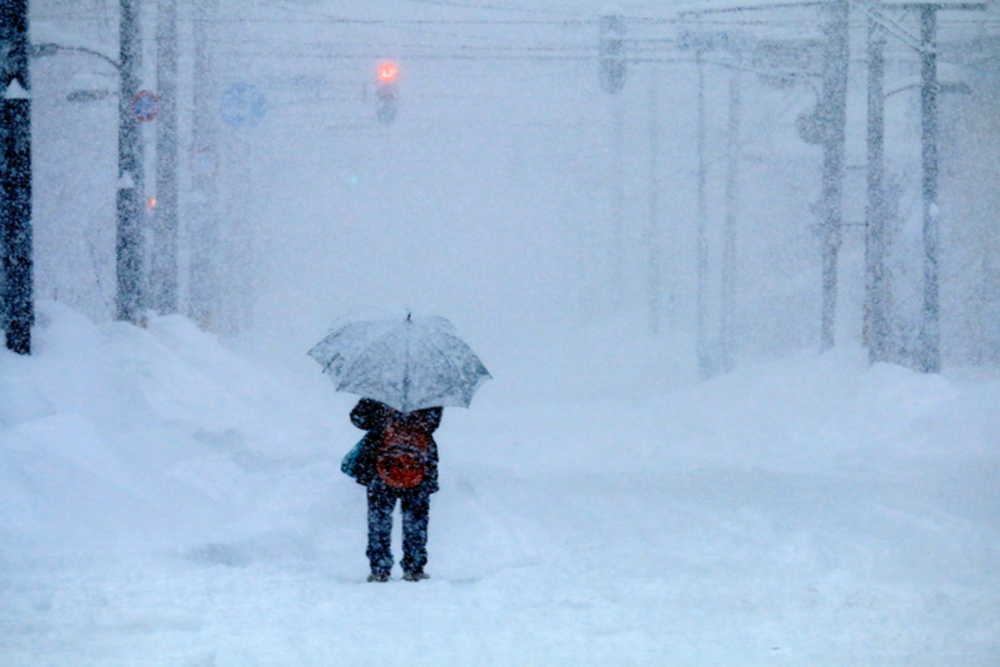As the seasons turn, especially in the dead cold of winter, marketers need to make weather-based decisions that can impact sales and operations in significant ways.
“Weather impacts everything in our lives: from what we do to what we eat to what we buy,” said Rosemary Radich, head of business intelligence and analytics at AccuWeather. “It can impact what you need to get the highest ROI of your marketing dollars.”
In additional to their consumer forecasts and weather reports, AccuWeather provides premium services to a number of businesses, especially in the retail space.
Radich said different type of weather means different things to different clients. And those permutations are seemingly endless. But at the heart of it, there are clients who are negatively impacted by severe weather and those who view it as a positive.
Those who sell goods online may see an uptick because people are trapped indoors, while those with brick and mortar stores have to deal with low-foot traffic. Obviously it’s a mixed bag for those who sell both online and in brick and mortar locations.
Then, vendors have to look at their product line: does snow have a positive or negative impact for your products? When it snows, it’s not surprising to see people purchase winter wear and hot beverages. When it’s cold, people will be reluctant to eat ice cream.
But the same weather in two locations may mean different things.
AccuWeather works with a national chain coffee on when they should roll out special cold and holiday-themed beverages. A temperature threshold for rolling out those beverages in Atlanta is going to be different than it is in Chicago, said Tim Loftus, data scientist at AccuWeather.
Radich said that AccuWeather’s client liaisons span multiple departments, as their forecasts and expertise impact everything from supply chain and shipping to marketing departments for both regional ad targeting and creative.
“You don’t want to promise quick delivery if there’s going to be a major snowstorm,” Radich said, giving an example of decisions businesses need to make in the face of inclement weather.
“We have a consultative approach; some clients want to get on the phone and talk to a meteorologist and other clients – are looking to get started really quick – for those clients, we have pre-designed sets of triggers,” Radich said.
She added that marketers that have their hands on historical data greatly improve the intelligence AccuWeather can provide.
“If you have your own data to own and model, you’re going to come up with more applicable solutions,” Radich said.
While the company starts forecasting days two years in advance, the accuracy obviously improves the closer one is to the date of the forecast. She said retailers are mostly concerned about what’s about to happening in the next couple of days.
Data also has the ability to surprise. Radich said the company was modeling swimsuit sales for a retailer in the winter, and saw spikes in sales when the weather got really cold. They were initially flustered, but then figured out that people were so tired of the cold weather, they went on vacation to a warm-weather destination.








